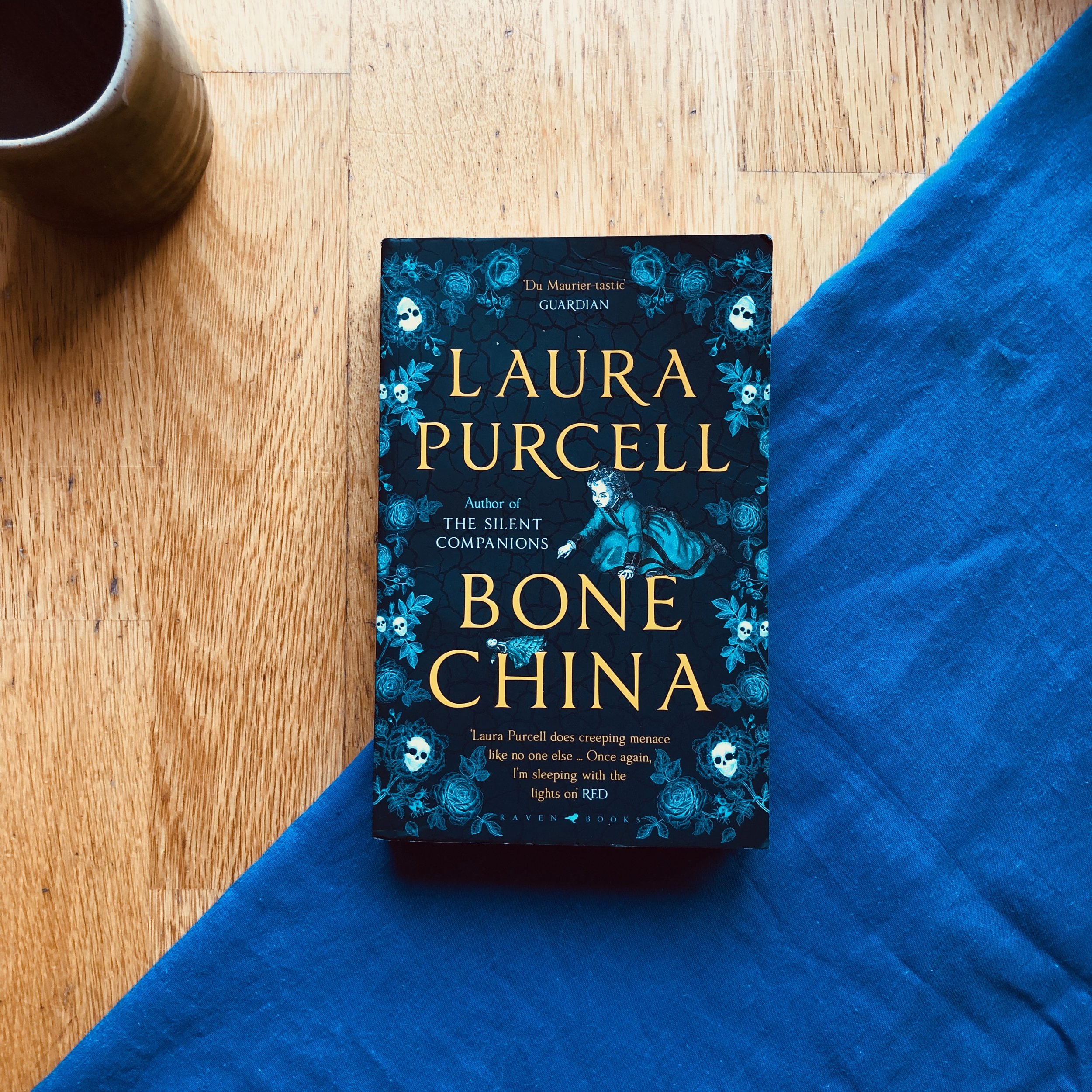“Bone China” by Laura Purcell
Once more, Laura Purcell demonstrates she a master of the Victoria Gothic. With Bone China, she delivers yet another chilling story that creeps up on you, then leaves you wondering what is true and what is madness.
Consumption has ravaged Louise Pinecroft's family, leaving her and her father alone and heartbroken. But Dr Pinecroft has plans for a revolutionary experiment: convinced that sea air will prove to be the cure his wife and children needed, he arranges to house a group of prisoners suffering from the same disease in the cliffs beneath his new Cornish home.
Forty years later, Hester Why arrives at Morvoren House to take up a position as nurse to the now partially paralysed and almost entirely mute Miss Pinecroft. Hester has fled to Cornwall to try and escape her past, but surrounded by superstitious staff enacting bizarre rituals, she soon discovers that her new home may be just as dangerous as her last.
Laura Purcell is one of my favourite writers for a couple of reasons. One is her skill at character and setting. The other is her ability to so finely balance the question of whether her plots are supernatural or all in the protagonist's mind.
This is my favourite thing in horror. While I can enjoy a straightforward monster or slasher story, they can never reach the same heights as a story where you can never be certain if the events driving the plot are a string of coincidences, the protagonist being an unreliable narrator, or actually supernatural.
Purcell has managed that in every one of her horror novels, and Bone China is no exception. We know Dr. Pinecroft's failures are down to a lack of medical knowledge, and we know Hestor's problems are caused by mental trauma and substance addiction. And while we can dismiss all the talk of Cornish folklore being thrown about, Purcell presents all of it in a way where we can never 100% discount that it might all be playing a part at the same time.
I did find that I liked the protagonist less than in Purcell's previous books. It's not that I didn't like Hester, but I found it harder to feel sympathy for her for some reason. I think I would have found it easier to root for her if Purcell had lent into her clear mental health issues more, rather than her alcohol dependence. Because while the former is built up nicely throughout the story, the latter just seems to suddenly happen. It's a petty gripe, I know, but when you're discussing a writer of this quality, small gripes seem more prominent.
I can't say this was my favourite of Purcell's novels, but even a bad Laura Purcell outperforms most other writers. If you love gothic horror as I do, then you can't go wrong with one of the best writers in the genre.
